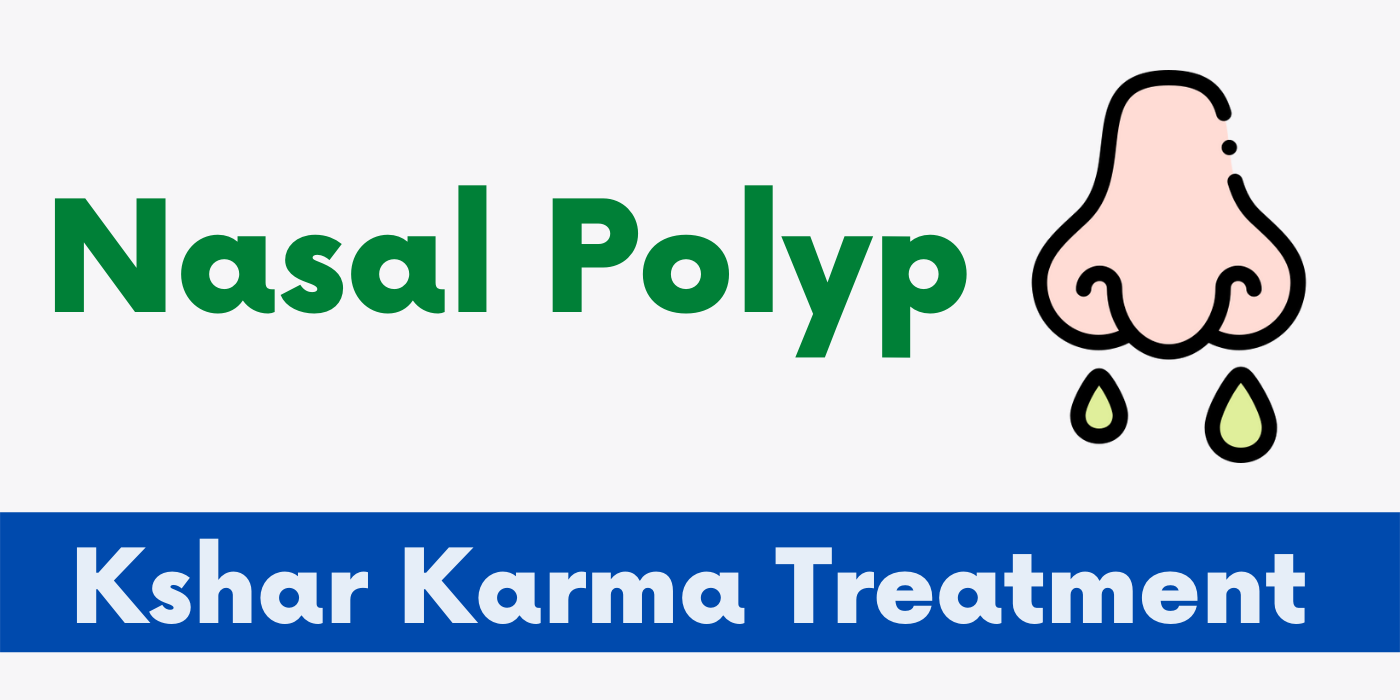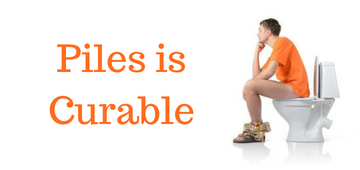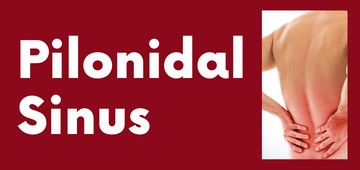Nasal Polyp
What is Nasal Polyp?
Nasal Polyps are soft, painless, noncancerous growths in nasal cavity which is usually due to inflammation of the lining of the nose. Nasal polyps come from the lining of the nose and often originate from the ethmoid sinuses, which drain into the side wall of the nasal cavity. Nasal polyps contain inflammatory fluid and, while they can be associated with allergy and infection, the exact reason why some people get them and not others in not known.
Polyps look like small grapes and can appear singly or in clusters in the nasal cavity.
Nasal Polyps Causes
They happen most often in people with asthma, allergies, repeat infections or inflammation in the nasal passages.
Nasal polyps symptoms
Nasal polyps are more common in men (up to 4:1) yet in those who have late onset asthma, it can also occur in women. The chance of developing nasal polyps is between one and 20 for every 1,000 people and after the age of 60 the chance of developing polyps declines. Of the 15% of the population suffering from hay fever and the 3% who suffer from symptoms all the year round, only a proportion of these would develop nasal polyps. One-sided nasal polyps are rare and associated with a range of conditions and need further investigations both in adults and children. They can cause
- Blocked nose
- Runny nose and / or sneezing are seen in about half of patients
- A poor sense of smell and taste which may not always return after treating the polyps
- Catarrh
- Headache
- Snoring
- Postnasal drip (constantly feeling like you have to clear your throat).
- Pressure or pain in the sinuses, face or top teeth.
Medical treatment of Nasal Polyps
Nasal polyps are known to shrink when nasal sprays or drops containing nasal steroids are used. Stronger steroids in drop form can be used but should only be used with care and limited to short courses because some is absorbed into the body and may cause harmful effects. Steroids in tablet form can provide good relief of symptoms but the effects are shortlived and they are used sparingly because of concerns about side effects.
Ayurvedic medicines are very helpful in nasal polyp symptoms. They reduce swelling, prevent recurrence and are completely safe.
If medicines don’t work then surgery is needed but its always worth to have a medicinal course first as many patients responds really well to medicines.
Surgical treatment Nasal polyps blocking the nose can be removed surgically and this often helps the patient to breathe better. In three out of four patients the polyps come back after an average period of four years.
Kshar Karma Treatment : Best Treatment for Nasal Polyps
The nasal polyps which are not responding well to medicines usually responds really good through an ayurvedic procedure known as Kshar Pratisaran or Kshar Karma.
In this treatment a medicinal paste is being applied directly on the nasal polyp which causes them to shrink within a few days.
Consult our Kshar Karma Experts about your nasal polyp treatment. Whatsapp now on 9818050963.
Additional Informational Resources
- https://www.wsh.nhs.uk/CMS-Documents/Patient-leaflets/ENT/6136-1-Nasal-Polyps.pdf







Post your comment